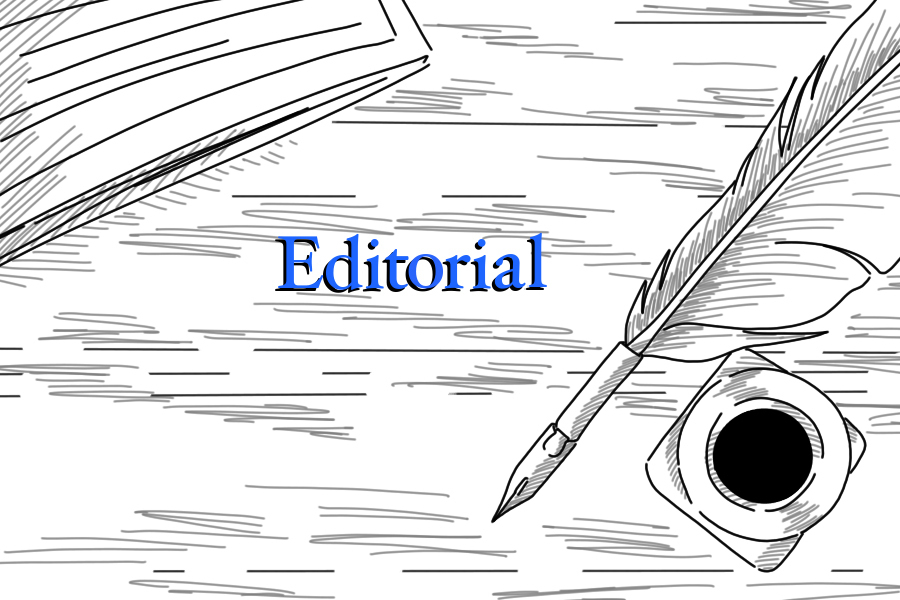The election of Dr Abdul Hameed Fayaz as new Jamaat-e-Islami chief (Amir) has brought forth a glittering truth that Jamaat is the only political party where organizational democracy runs supreme. It is perhaps the only party which holds intra party elections every three years. Other parties, mostly the mainstream parties including the National Conference (NC) and Peoples’ Democratic Party (PDP) don’t have such a strong democratic culture and history proves this fact. Going by the record, the intra-party elections in these parties has proved a mock exercise with most of these parties controlled by their founders or their legal heirs. National Conference, founded by Shaikh Mohammad Abdullah (late) in 1938, has always remained a family fiefdom of Abdullahs. The same is true for the Peoples’ Democratic Party. Like Abdullahs, Muftis are the sole custodians of the PDP. For the Congress, it is high command (national leadership), which nominates its office-bearers, president in particular, from Delhi. However, in order to justify ‘democratic traditions’ the second tier offices having only symbolic significance are held by the outside leaders. Jamaat has no tradition of sons or daughters succeeding the Amir. After Saaduddin, the founder of the Jamaat in Jammu and Kashmir, it was not his son but party leaders outside his family who led the Jamaat at different stages. None of these leaders ever tried to install their heir apparent as their successors. Still a misconception created about the Jamaat that its Amir has dictatorial powers. No member or office-bearer can afford to go against the Amir. This narrative is overstated mostly by the parties and leaders, who never believe in democratic values in their own parties. The definite reality, however, is that it is the Majlis-e-Shoora (Supreme Advisory Council), not Amir-e-Jamaat which is the most powerful. Shoora takes the decision and Amir gets these decisions implemented. The Amir is accountable for all his actions before the Shoora. On August 28, when Abdul Hameed Fayaz was elected as Jamaat chief, it was in perfect tradition with the organizational democracy in the party. This democratic sense and way is prevalent in the Jamaat at every level..central, district, tehsil, block and halqa. Every officer bearer at any level is elected by the members or associates on merit only.
That Abdul Hameed Fayaz was preferred over three-time Amir, Ghulam Mohammad Bhat, speaks of the independent thinking in the Jamaat. Bhat had led the Jamaat in politically tumultuous years of pre and post militancy era. In 1987, He, as its chief, took the Jamaat to the new heights of prominence and influence by weaving together a front of individuals and parties of similar interest known as Muslim United Front or the MUF that made the beginning of a new era in Jammu and Kashmir politics. People for the first time saw a viable political alternative to the all-dominant National Conference. It could be said with great authority that it was with the formation of the MUF that the fall of NC began. Though short-lived, the contribution of the MUF could never be ignored by the students and historians of politics in Kashmir.
In 1997, when Bhat was second-time elected as Jamaat chief, he again played a historic role in reviving and revitalizing the Jamaat, which had crumbled under its own weight by aligning and siding with armed movement actively. He took a complete turn around and moved away from the path the Jamaat had chosen in 89-90. He terminated the membership of all those Jamaat men including Syed Salahuddin from the party who were involved in militancy. Bhat tried to build bridges and make peace with all those quarters which he thought were against Jamaat. That eased pressure on the Jamaat and the party started functioning from its headquarters at Batamaloo. In later years Jamaat continued to stick to its policy whose foundation was laid by Bhat. That paved way for the election of Nazir Ahmad Kashani, Shaikh Ghulam Hasan and Mohammad Wani (all known for their moderate political perceptions) as its Amir. Bhat is the last of the leaders who belonged to the era of Jamaat founders Maulana Sadduddin, Maulana Ghulam Ahmad Ahrar, Qari Saifuddin, Maulana Hakin Ghulam Nabi, and others. With the election of Hameed Fayaz, Jamaat virtually bids adieu to its past epoch and enters a new era. Since Dr Fayaz has worked with the old guards as well, he could be a great link between the present and past of the Jamaat.
Jamaat-e-Islami and organizational democracy




